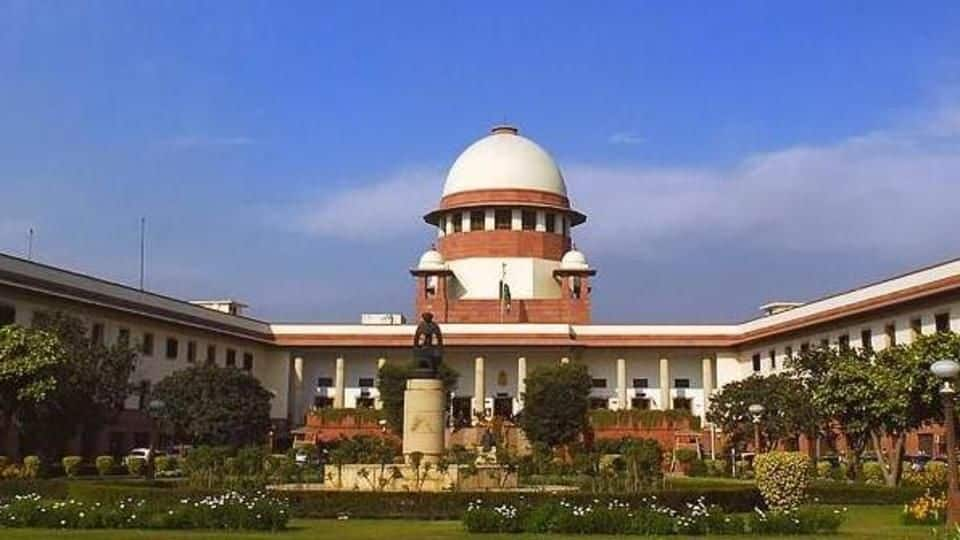
AAP versus Centre: SC says Delhi L-G can't delay decisions
What's the story
The SC said that Delhi's Lieutenant Governor (L-G) can't stop executive decisions by "sitting on files." It was hearing a plea by the Delhi government that challenged a Delhi HC verdict about the L-G, who is the Centre's representative in the state, having primacy over the elected government. The court said "the L-G must exercise its power in reasonable time with reasons." Here's more!
Beginning
What was the genesis of the issue?
Delhi is a quasi-state as law and order and land matters come under the central home ministry. In the past, there has been tension between the then L-G Najeeb Jung and Kejriwal about who has the final say in administration. In May'15, the Centre passed a notification giving the L-G absolute powers in appointing bureaucrats in Delhi. Kejriwal challenged this notification in the HC.
Delhi HC
What was the Delhi HC's judgment?
The Delhi HC quashed Kejriwal's plea. It upheld the L-G's powers in matters of public order, land, police and services, including the power to appoint civil servants in Delhi. The 69th Amendment, 1991 to the constitution inserted Article 239AA, making special provisions for Delhi. However, Delhi HC said despite this provision, Delhi continues as a Union Territory under the Transaction of Business Rules, 1993.
Challenge
Subsequently, AAP challenged the HC's judgment in the SC
The AAP government challenged the HC's order in SC. AAP said they should have exclusive powers in matters that fall within the purview of the Legislative Assembly and the L-G can't invade upon those. The SC held that the elected government has powers but whether it is as per the Delhi HC's verdict or the AAP government's interpretation needs to be investigated.
SC Judgment
What is the SC's judgment?
Afterwards, SC referred the AAP's pleas to a Constitution bench. The bench confirmed the L-G's dominance over land and public order. However, if the L-G is rejecting government decisions, he should do so in "reasonable time" and give reasons. This was despite the Delhi government's argument that Centre through L-G Anil Baijal wasn't allowing the government's functioning, as no bureaucrat would obey CM's directives.
Implication
What does this imply?
For Delhi to become a full-fledged state might be difficult because as the country's capital, Centre needs to control central-government institutions, embassies etc. Further, majority of Delhi's infrastructure projects are funded by the Centre. In 2016-17, urban development ministry allocated 30% funds from its budget to Delhi. Additionally, SC might have to address the vagueness in the CM and L-G's powers under Article 239AA.